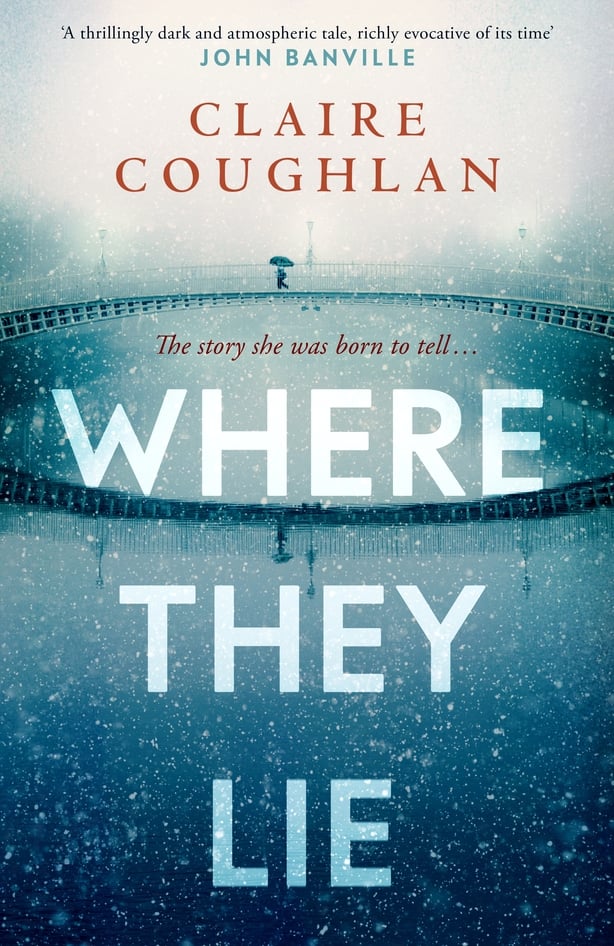'Things often don't make sense in real life, but they do on the page...' Debut author Claire Coughlan introduced her twisty-turny crime thriller Where They Lie - read an extract here.
Aspiring authors are often advised to 'write what you know.'
This well-trodden writing edict, attributed to Mark Twain, isn’t something I agree with at all, if I’m being honest. If wannabe scribes were to stick rigidly to exactly what they know to be true as taken directly from life experience, there would be no historical, sci-fi, fantasy or crime fiction; and the work of the imagination would be rendered dead as a dodo.
Although ask someone else and they might completely disagree with me. That’s the thing about writing advice. It’s like a big buffet of platitudes, with the odd rare and delicious morsel to be found hidden under other, unappetising stodge. It’s a bag of literary pick ‘n’ mix where you can take what you like (the jellies) and leave what you don’t (the white chocolate mice). You can only do what feels right for you, and the only way you’ll know is by doing, in the act of writing itself. You have to do what resonates and try to ignore the rest.
When I began tentatively writing what would become my debut crime novel, Where They Lie, I thought I was writing literary fiction. I had an idea for a character, Gloria Fitzpatrick, an abortionist in mid-century Dublin, and I started writing about her interior life. The early feedback on these very fragmented pieces of prose was that they were ‘quiet’ – a dreaded publishing term for ‘not much actually happens.’ I wasn’t writing what I knew, but I wasn’t exactly writing what I loved either.
Write what you love, what excites you, what you're curious about.
Then Nicoletta Sarto, a journalist in late ‘60s Dublin, arrived in my imagination. I realised that I needed another character to drive the story forward; Gloria couldn’t do it on her own. Although I had worked as a features journalist back in the 2000s and 2010s, this was a world I absolutely didn’t know. It was one I was building, brick by brick. I thought of my all-time favourite books and authors, such as John Banville – especially his crime novels – Patricia Highsmith, and Ruth Rendell’s psychological thrillers written under the pseudonym Barbara Vine, and I decided to just go for it.
This had become a crime novel, and it made sense that Nicoletta was the protagonist and that Gloria was the antagonist. Now I was writing what I loved reading. Constructing this alternate universe where loose ends could be tied up, and redemption would almost certainly occur made sense to me. Things often don’t make sense in real life, but they do on the page. That is one of the things I love about crime fiction.
So, don’t write what you know. (Or do, if that is what resonates with you!) Instead, write what you love, what excites you, what you’re curious about. Write about what you’d like to know, and about what you’re passionate finding out more. Because at least a year, the time it takes to write a novel, is a long time to spend writing about something you merely already know.

Why They Lie is published by Simon & Schuster, and is in bookshops now

